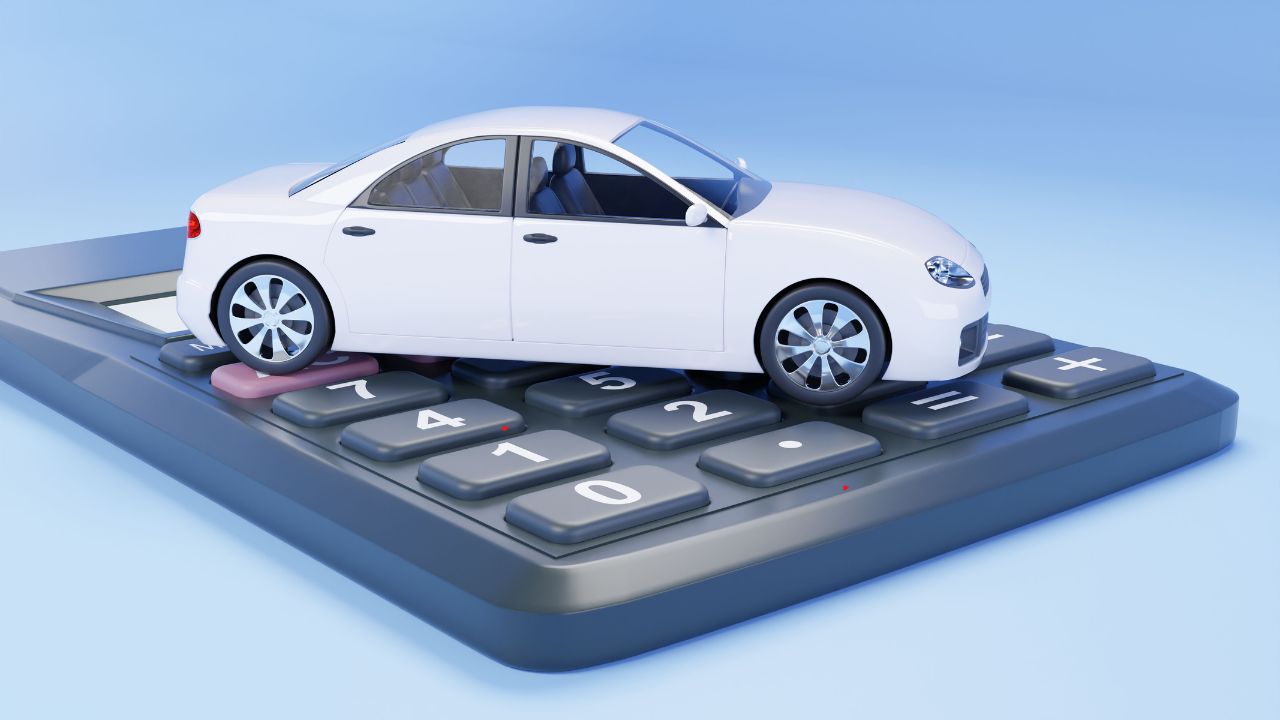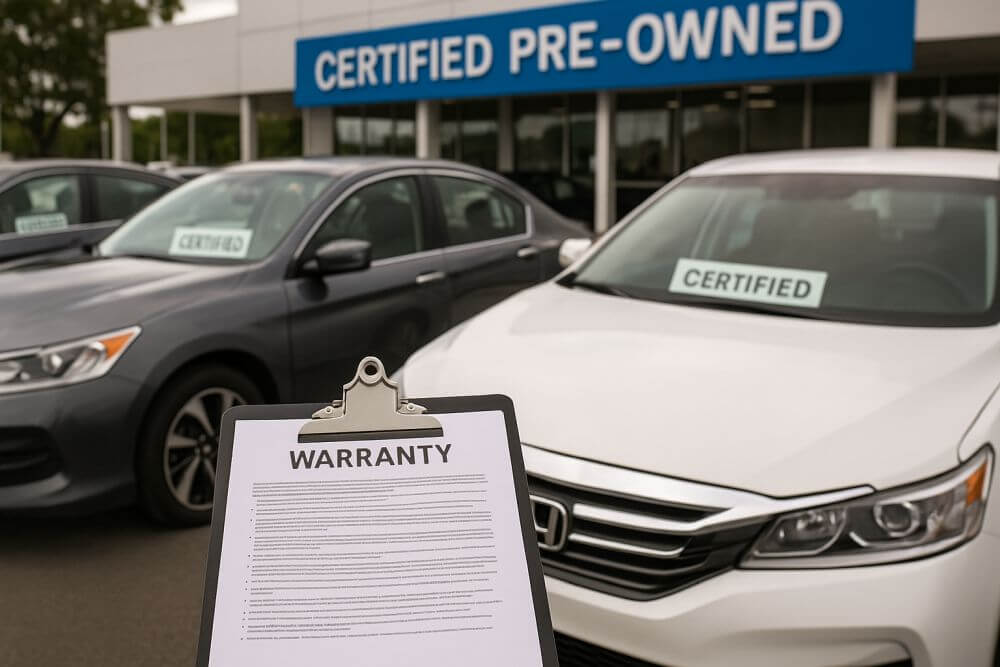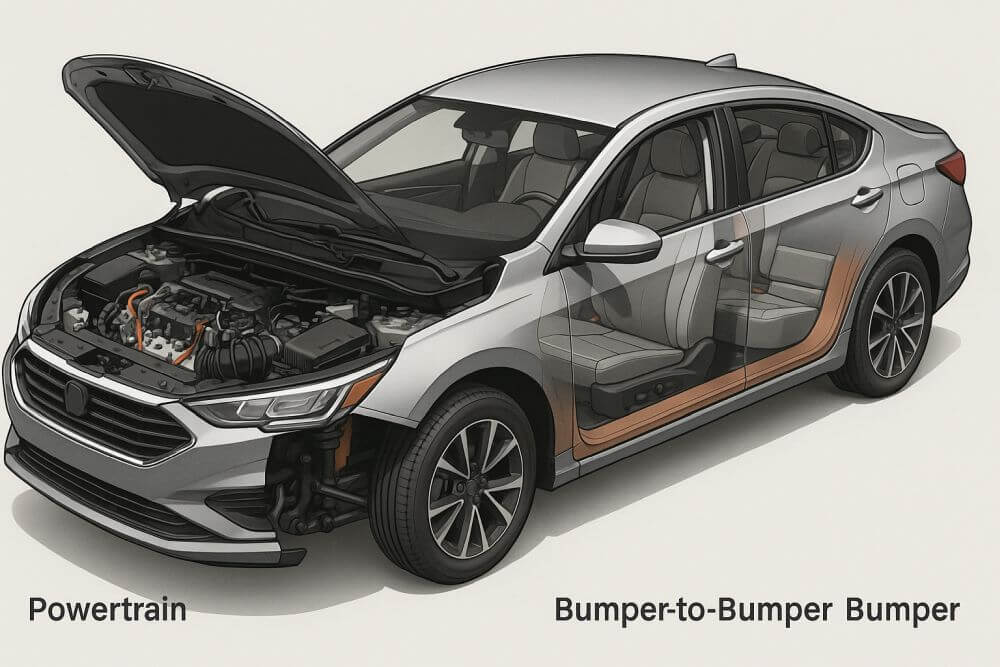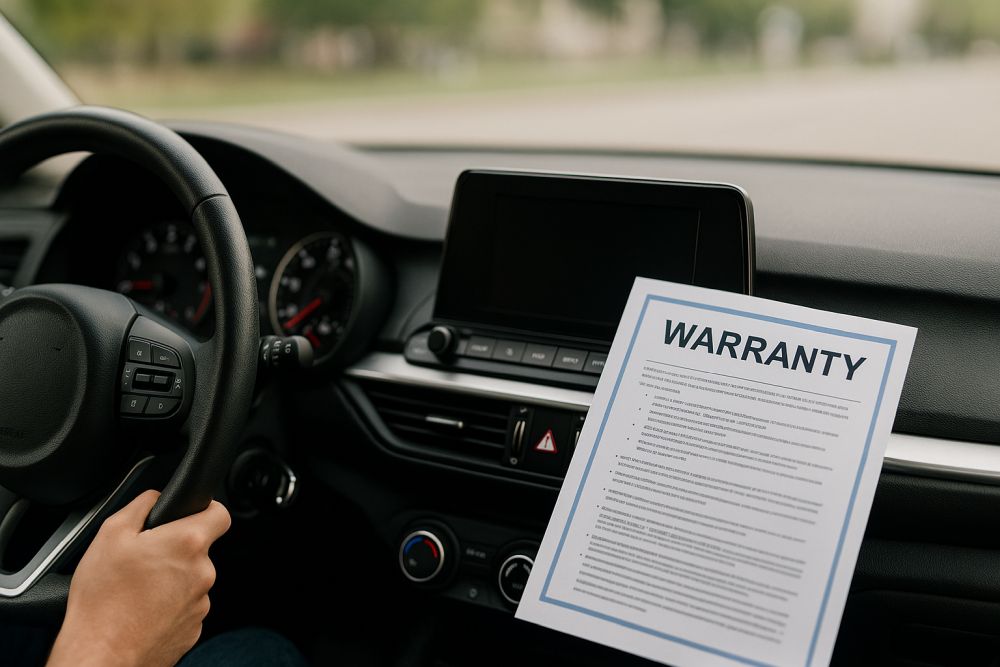When it comes to purchasing a used car, negotiating the price can feel like a significant challenge. However, with the right approach and understanding of the Wisconsin market, you can successfully negotiate a fair price. This guide will walk you through the essential steps to make your used car buying experience as smooth and successful as possible.
1. Do Your Research

Before you step onto a car lot or contact a seller, it’s crucial to arm yourself with knowledge. Start by researching the specific make and model of the car you’re interested in, paying close attention to the average prices in Wisconsin. Websites like Kelley Blue Book and Edmunds can provide you with an estimated market value based on the car’s condition, mileage, and other factors.
Check Vehicle History
Wisconsin has specific rules regarding vehicle history disclosure, so make sure you request a vehicle history report. This report will provide details on any past accidents, title issues, or odometer discrepancies, giving you leverage in your negotiation.
You might also consider running a Wisconsin license plate owner lookup or a free number plate search to verify the vehicle’s background. This step ensures that the car hasn’t been involved in any incidents that could affect its value or safety.
2. Set Your Budget
Knowing your budget is vital when negotiating a car price. Determine the maximum amount you’re willing to spend, considering additional costs such as taxes, registration fees, and insurance. Stick to your budget throughout the negotiation process, and be prepared to walk away if the price exceeds what you can afford.

3. Understand the Seller’s Motivation
The seller’s motivation can greatly influence the price. If a seller needs to sell the car quickly—perhaps due to a move or financial necessity—they may be more willing to negotiate. On the other hand, if the seller isn’t in a hurry, they might hold firm on the price.
Private Seller vs. Dealership
Negotiation tactics can vary depending on whether you’re dealing with a private seller or a dealership. Private sellers may have more flexibility in pricing, while dealerships might offer additional incentives, such as extended warranties or financing options. Be aware of these differences and tailor your approach accordingly.
4. Inspect the Car
A thorough inspection of the car is crucial before entering into price negotiations. If possible, bring a trusted mechanic to assess the car’s condition. Look for signs of wear and tear, check the tires, brakes, and engine, and take the car for a test drive. Any issues you discover can be used as bargaining points to lower the price.
Common Areas to Check:
- Exterior: Look for dents, scratches, and rust.
- Interior: Check the condition of the seats, dashboard, and electronics.
- Engine: Listen for unusual noises and check for leaks.
- Tires and Brakes: Assess the wear on tires and brakes for safety concerns.
5. Start the Negotiation Process
When it comes time to negotiate, be polite but firm. Begin by making an offer that’s lower than the asking price but still within a reasonable range. This strategy allows room for the seller to counteroffer, which is expected in most negotiations.
Tips for Effective Negotiation:
- Be Confident: Approach the negotiation with confidence and stay calm, even if the seller is firm on their price.
- Use Research as Leverage: Refer to your research, including market values and the car’s condition, to justify your offer.
- Stay Flexible: Be willing to compromise, but don’t stray too far from your budget.
6. Consider Timing
Timing can play a crucial role in how successful your negotiation will be. Buying a car towards the end of the month can sometimes give you an edge, especially at dealerships where salespeople may be trying to meet monthly quotas. Additionally, shopping during the off-season, such as winter in Wisconsin, may lead to better deals as demand decreases.

7. Finalize the Deal
Once you’ve reached an agreement, it’s time to finalize the deal. Ensure that all the paperwork is in order, including the title transfer, bill of sale, and any financing documents if applicable. Double-check the car’s registration and ensure that the VIN matches on all documents.
Secure Your Purchase
Consider requesting a short warranty period if you’re purchasing from a dealership, which can cover any immediate issues that arise after purchase. If buying from a private seller, ensure that the transaction is secure by using a certified check or completing the sale at a bank.
8. Avoid Common Pitfalls
When negotiating a used car price, avoid falling into common traps that could cost you more money. Don’t focus solely on the monthly payment if you’re financing, as this could distract you from the overall price. Also, be wary of add-ons and extras that can inflate the price without adding significant value.
Final Thoughts
Negotiating a used car price in Wisconsin doesn’t have to be stressful. By following these steps and doing your homework, you can secure a great deal on a car that suits your needs and budget. Remember to be patient, stay informed, and don’t be afraid to walk away if the deal doesn’t feel right. Whether you’re a seasoned negotiator or buying your first car, these tips will help you navigate the Wisconsin used car market with confidence.


